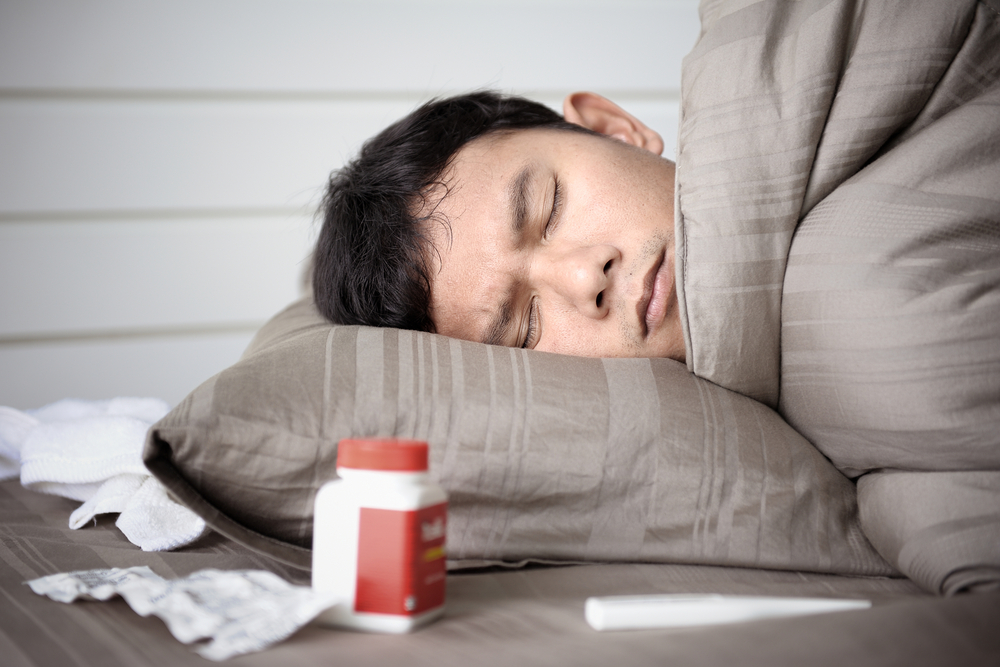Understanding Insomnia: Causes and Remedies
This article explores insomnia, including its causes, symptoms, and effective behavioral and medical treatments. It emphasizes diagnosis criteria, underlying health conditions, and lifestyle changes that can improve sleep quality. Suitable for those experiencing sleep difficulties, it offers practical tips and options for managing insomnia and promoting healthier rest routines.
Sponsored

Insight into Insomnia
"A negative mindset can lead you into trouble, and then you complain about the difficulties."
– Steve Maraboli
According to the CDC, approximately 35% of adults in the US experience insomnia. Beyond its disruptive nature, the condition can trigger serious health issues such as high blood pressure, heart problems, obesity, diabetes, and even cancer. It also adversely impacts work performance and increases stress, which can lead to mental health disorders like depression and anxiety, creating a challenging cycle. Not everyone with sleep problems suffers from all these issues simultaneously, but sleep difficulties are a common concern.
The American Academy of Sleep Medicine (AASM) provides a comprehensive definition: "Insomnia is the subjective perception of difficulty in initiating, maintaining, or experiencing restorative sleep despite adequate opportunity, leading to daytime impairment."
Criteria for Diagnosing Insomnia
Experiencing sleep problems at least three nights a week over three months, impacting daily activities, indicates insomnia.
Sleep issues may involve trouble falling asleep, staying asleep, or waking up too early and being unable to return to sleep.
Individuals with these symptoms often seek sleep aids for relief.
Common Causes of Insomnia
Underlying health issues such as heart disease, allergies, eczema, prostate-related nocturnal urination, arthritis, or general pain can cause insomnia.
Psychological factors like anxiety, depression, stress, or personal relationship problems are also contributors.
Rapidly crossing multiple time zones can disrupt sleep patterns.
Circadian rhythm disorders, where internal biological clocks are misaligned with social schedules, are independent causes.
Specific Causes of Insomnia
Delayed Sleep-Wake Phase Disorder (DSWPD) involves difficulty falling asleep at conventional times and waking up on schedule, often seen in those experiencing job loss or academic failure.
Travel across multiple time zones, especially in quick succession, can cause jet lag-related sleep issues.
Night shift workers, such as healthcare and industrial employees, may experience Advanced Phase Sleep Disorder, where sleep times shift earlier, leading to insomnia and daytime sleepiness.
Obstructive Sleep Apnea (OSA), characterized by partial or complete airway blockages during sleep, leads to decreased oxygen levels and frequent micro-arousals, disrupting sleep quality.
Behavioral Therapies for Managing Insomnia
Behavioral therapy is the first line of treatment, involving patient education on sleep-inducing habits.
Avoid caffeine six hours before bedtime, refrain from vigorous exercise and stimulating activities like screen time during evening hours—blue light hampers melatonin production.
Create a sleep-friendly environment: comfortable, quiet, and dark surroundings encourage restful sleep.
Establish a consistent sleep schedule, going to bed and waking up at the same times daily, including weekends.
Use the bed only for sleep to train your body to associate it with rest, not work or entertainment.
Medications and Supplements for Insomnia
Addressing underlying health or psychological issues is essential before medication use.
Common medications include antihistamines, sedatives, and neurostimulants that boost serotonin and GABA. However, these may have side effects.
FDA-approved devices and therapies, prescribed by healthcare providers, can be effective alternatives.
Over-the-counter options like herbal remedies and melatonin supplements are also popular for mild cases.






